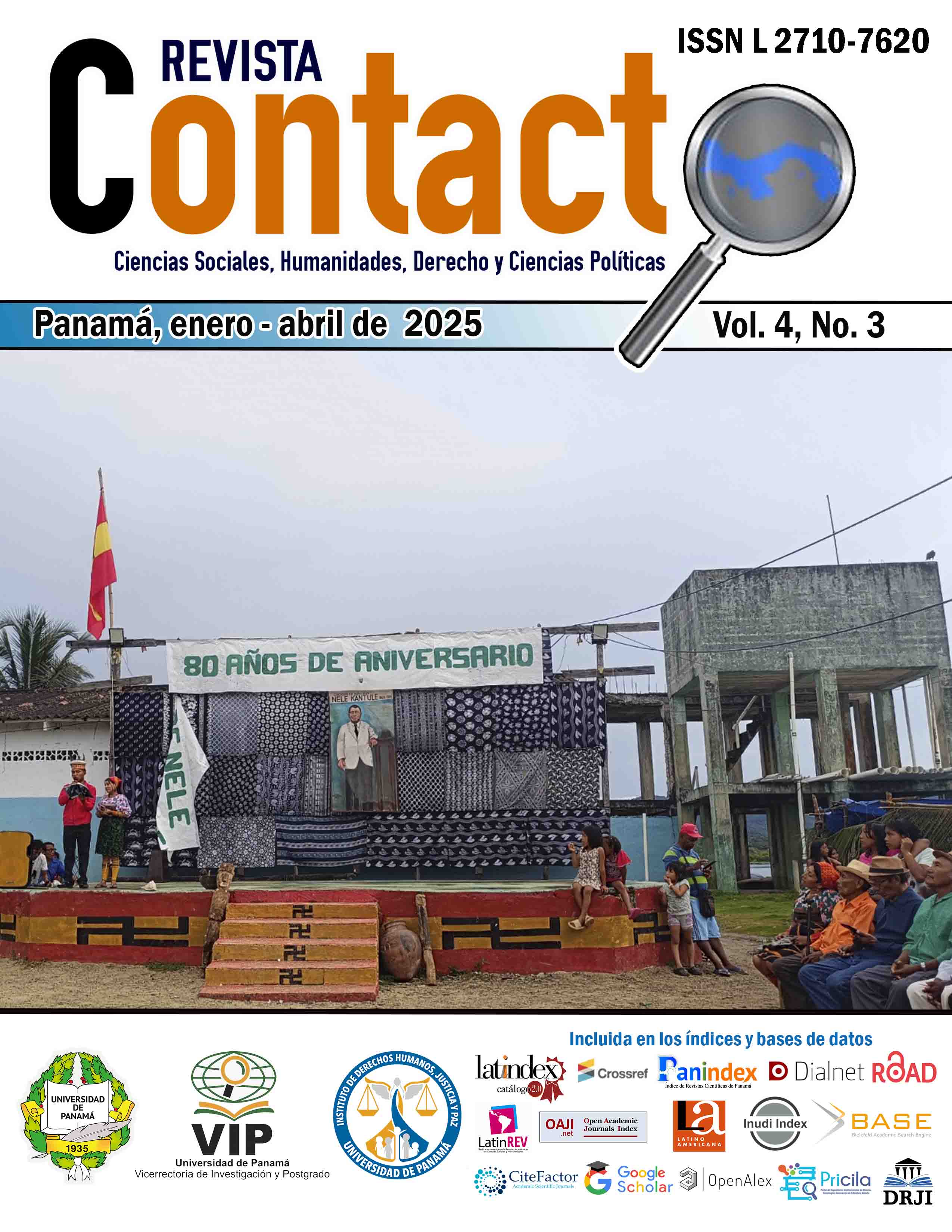

Copyright (c) 2025 Revista Contacto

This work is licensed under a Creative Commons Attribution-NonCommercial-ShareAlike 4.0 International License.
This text analyzes how some ethnologists have written down the oral traditions of the Ecuadorian communities where they carried out their fieldwork. The selected texts are those that had great importance in the academic field and that appeared between 1980 and 2000. In the case of Carvalho-Neto (1994), the way in which he obsessively resorts to all the typographical marks of writing was analyzed to indicate the qualities detected in the speech of their informants, which demonstrates the impossibility of writing to reproduce all the characteristics that can be detected in a product whose substance is sound. In the case of García (1988) and Jara and Moya (1982), it was analyzed how in their texts they generated a narrative record whose main concern was not speech, but showing that the story belonged to a community, that is, that it was fruit of a collective memory. The conclusion reached is that, when extracting the oral tradition from the space and time in which it occurs, the researcher must reduce it to phonetic, semantic or narrative components.